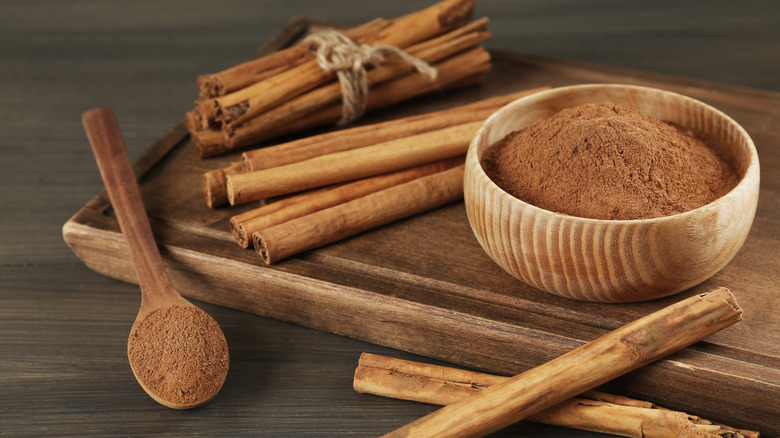Can Cinnamon Lower Blood Pressure?
Nearly half of U.S. adults have hypertension (high blood pressure), reports Million Hearts. That's a staggering 116 million people! Worst yet, more than 92 million don't have their condition under control. Over time, high blood pressure can lead to stroke and cardiovascular problems, taking years off your life. Some say that cinnamon and other spices may help lower blood pressure, but can you trust these claims?
A 2015 systematic review published in Pharmacognosy Research suggests that cinnamon boasts antimicrobial, anti-inflammatory, and antioxidant properties. It also has cardioprotective effects and may improve blood lipids. Moreover, it can prevent diabetes complications by keeping your blood sugar levels low. In one study, it was just as effective as the lipid-lowering medication Simvastatin. However, most evidence comes from animal studies, so further research is needed to confirm the benefits of cinnamon on human health.
According to the above review, this versatile spice has been around since 2,800 B.C. Thousands of years ago, it was used as a natural remedy for digestive and respiratory problems. Its effects on blood pressure shouldn't be overlooked either.
Cinnamaldehyde can help dilate blood vessels
Cinnamon does more than add flavor to oatmeal and apple pie. It also has beneficial effects on blood pressure and heart health. A 2020 systematic review of nine studies conducted on 641 people found that cinnamon may help reduce both systolic and diastolic blood pressure, via Critical Reviews in Food Science and Nutrition. The most significant effects were observed in those using at least 2 grams of the spice per day for 12 weeks or longer. Another study conducted on 200 men with obesity and diabetes suggests that cinnamon may help reduce body weight, body mass index, blood pressure, and waist circumference (per the Journal of Hypertension).
The health benefits of cinnamon may be due to its nutritional profile. According to a 2014 study published in Evidence-Based Complementary and Alternative Medicine, this flavorful spice is rich in essential oils, cinnamaldehyde, cinnamic acid, and other significant derivatives. These compounds are responsible for its antioxidant, anti-inflammatory, anticancer, and antidiabetic effects. Cinnamaldehyde, for example, dilates the blood vessels and hence may help reduce high blood pressure. On top of that, it slows the progression of diabetes-related hypertension, says the above review.
As the researchers note, this natural ingredient is likely safe and has no side effects. It's not a miracle cure, but it may improve your health and well-being. Just bear in mind that cinnamon alone cannot counteract the harmful impact of stress, poor eating habits, or lack of exercise on blood pressure.


